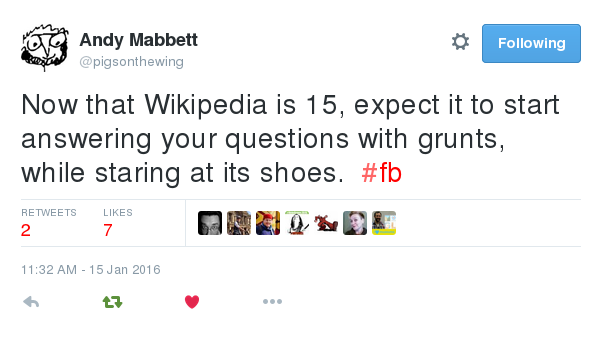The leaders of the Fair Payment Campaign for Home Office Interpreters have issued the statement below in response to the Home Office’s plan to cut their pay with effect from 1st January 2016 (posts passim). The statement originally appeared on Linguist Lounge.
The Fair Payment Campaign for Home Office Interpreters resulted from a notice they received in November 2015 in relation to a reduction in rates due to take place on all bookings undertaken on behalf of the Home Office, including UK Visas & Immigration, Border Force, Immigration Enforcement and HM Passport Office and any other bookings made through Interpreter Operations Unit, from 1st January 2016 onwards.
Professional qualified Home Office interpreters are standing up against the proposed cuts to our already meagre fees which have been unchanged in at least 13 years. While cuts are being proposed, we contend that we have in fact been subsidising the Home Office over the years by the lack of increase in our fees.
Many interpreters and their supporters have already written to the Home Office Central Interpreters’ Unit expressing their dismay and opposition to these cuts in rates which were already much eroded through inflation, and mean that it will no longer be feasible for them to continue working in this field.
This will result in a diminishing pool of qualified, experienced and vetted interpreters for the Home Office, detrimental both to them but especially so to the great number of vulnerable people who depend on reliable interpreting services to put their cases across since they are unable to do so themselves. Their lives may be at stake. The right to a fair hearing is enshrined in international human rights law.
As a result of our letters and petition, campaign leaders have been invited to meet with CIU senior managers on Monday 21st December 2015. We shall keep colleagues updated as to the outcome of that meeting.
We shall be listening to what they say, re-iterating the contents of our petition letter and also making a point to stand firm on those points.
We have it on good authority that the strength and unity of our campaign stands us in good stead: our unity is our strength.
We shall capitalise on this fact and we must not forget the fiasco with the Ministry of Justice outsourcing of Court Interpreting Services to a private agency in 2012, which resulted in many qualified interpreters declining to continue working in that sector and consequently the lowering of standards and quality of services, causing the delay and collapse of many court cases, as can be verified by the extensive media coverage about this matter which can be found on this Linguist Lounge.
We have collected hundreds of signatures and many interpreters are still contacting us to join the Campaign.
We have the support of non-Home Office interpreters, translators and non-linguists. Some of these supporters have also written to CIU about their dismay, disappointment and disgust at what is being proposed.
The Fair Payment Campaign for Home Office Interpreters also has a social media presence on both Twitter and Facebook.

 Since 1990 the spelling reform approved by the
Since 1990 the spelling reform approved by the  Polish is one of the most common foreign languages for which interpreters are required in UK courts, yet it seems that Capita Translation & Interpreting, which holds the contract for supplying interpreters in courts and tribunals, still seems to be experiencing difficulties in providing Polish interpreters, nearly four years after the incompetent outsourcing giant got its hands on the contract.
Polish is one of the most common foreign languages for which interpreters are required in UK courts, yet it seems that Capita Translation & Interpreting, which holds the contract for supplying interpreters in courts and tribunals, still seems to be experiencing difficulties in providing Polish interpreters, nearly four years after the incompetent outsourcing giant got its hands on the contract. This week, Wikipedia reaches its fifteenth birthday.
This week, Wikipedia reaches its fifteenth birthday. 



 It’s been an open secret for many years that
It’s been an open secret for many years that